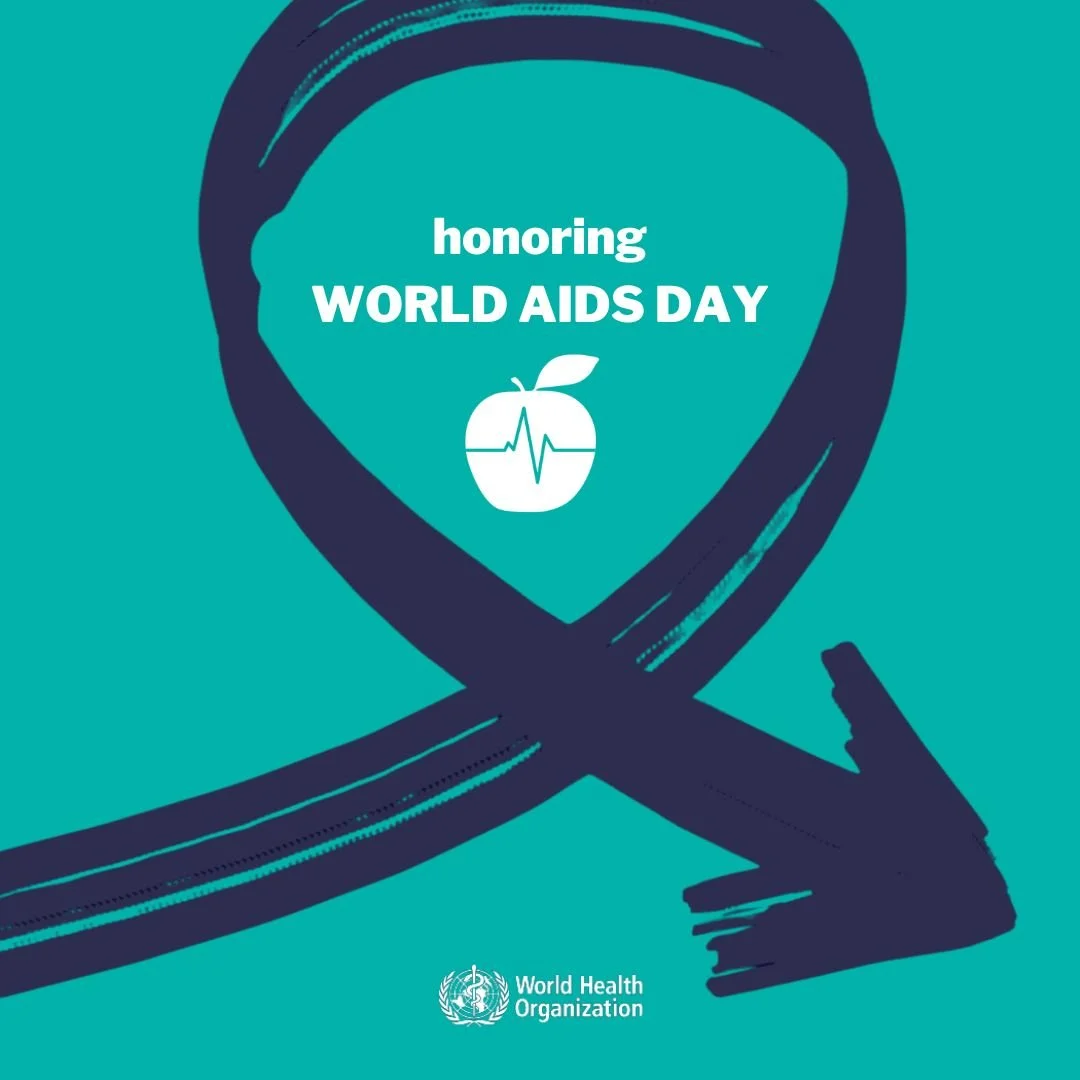At this moment of tremendous focus on food is medicine, the commemoration of World AIDS Day is a chance for us to pause and consider the origins of medically tailored meals (MTM) and the courageous and compassionate people who created the intervention.
The MTM intervention as we know it today, was a community response to the AIDS pandemic in the mid-1980s. Neighbors, friends and family were dying of AIDS, often alone and isolated, and there was no treatment. Volunteers turned to what they could do in the situation: bring nourishment and hope in the form of food, delivered for free and with care, human-to-human. Because of the nutritional impact of the disease, registered dietitian nutritionists (RDNs) were involved early on and began creating the foundational principles of what today are our FIMC Nutrition Standards and the integration of the Nutrition Care Process into our services, which form the basis of our robust and care-filled service.
Fast forward 30+ years past the advent of HIV medications, agency mission expansion to serve people living with other diagnoses, the stellar research on the efficacy of the MTM intervention, healthcare partnerships and the current focus on #foodismedicine, and FIMC agencies continue to bring these same values into the service we provide – for free – to those who need it. The cross-sector focus on food is medicine often belies the fact that equitable access to MTMs is still not a sustainably reality for all who need them. FIMC agencies’ foundational commitment to serve people regardless of their ability to pay is more important than ever in this context.
On World AIDS Day, we remember our heritage and reconnect with our values – endured and renewed for new populations and in a new environment, and we collectively pledge anew our commitment to serving our neighbors in need and to advancing policies that expand access to these lifesaving services. Together, we look forward to a world without HIV.
In partnership - Alissa Wassung, FIMC Executive Director

